This Is Why Rise of AI Is Threat to African Literature and Publishing
The rise of Artificial Intelligence (AI) has caused quite a stir in various industries, and the world of literature and publishing in the country has not been immune to its effects. As preparations are underway for the African Writers Conference in Ghana from from November 1st to 5th this year under this theme on how AI has affected African literature, no stone should be left unturned.
While AI has brought some conveniences and efficiencies to the field, it’s hard to bury our faces in the sand on the downsides and potential pitfalls that come along with it. Taking a closer look at the literary landscape in Africa, we can see that AI’s darker consequences are starting to make themselves known.
One major concern that stands out is the impact on human creativity. The use of AI-driven tools like ChatGPT to create content has sparked debates about the authenticity of African creative expression. As we all know literature is a mirror that reflects on human experiences, emotions and viewpoints. However, as AI algorithms produce poems, stories, and even entire novels, the human sense of feeling seems to be fading away.
The enchantment of a beautifully constructed sentence, a metaphor that strikes a chord, or a uniquely human perspective is at risk of being overshadowed by the precise but mechanical writing produced by AI.
Also, the use of AI can immensely encourage laziness and reduce critical thinking skills and power amongst writers as there will be too much dependency on technology. Writer’s block being one of the great challenge among writers, with AI we will have books generated by it flooding in the market because it has been programmed to think and mimic human brain.
Moreover, the democratisation of content creation through AI raises issues around maintaining quality standards. With AI tools accessible to anyone, there’s a risk of flooding the digital space with hastily crafted, formulaic content. This oversaturation of subpar material dilutes the literary scene, making it harder for genuine talent to shine. Local literary experts have observed that the sheer volume of AI-generated content can make it tough for readers to distinguish between original human-created works and AI-generated copies.
AI’s presence has also had an impact on traditional publishing models. With algorithms guiding publishers on what books to release based on market trends, there’s a danger of perpetuating a limited range of themes and genres that AI considers popular. This undermines the diversity and richness of African literature by potentially sidelining voices that don’t conform to the AI-defined norm. Researchers who specialise in African literature have raised concerns about the shrinking variety of African voice, sense of feelings and narratives on African literature as AI algorithms steer toward a uniform literary landscape.
Ethical concerns stemming from AI in literature are hard to ignore as well. Plagiarism, for instance, becomes a more complex issue when AI generates text that could resemble existing works. Determining whether an AI tool “copied” a certain passage from a previously published book becomes tricky, sparking debates about intellectual property rights and proper attribution.
Research studies have also indicated a sense of disconnection between readers and AI-generated literature. Although AI-recommended reading lists promise personalized selections, they might inadvertently reinforce echo chambers. By offering readers content similar to what they’ve already consumed, AI algorithms might hinder exposure to new and diverse viewpoints, limiting opportunities for intellectual growth and nourishment.




